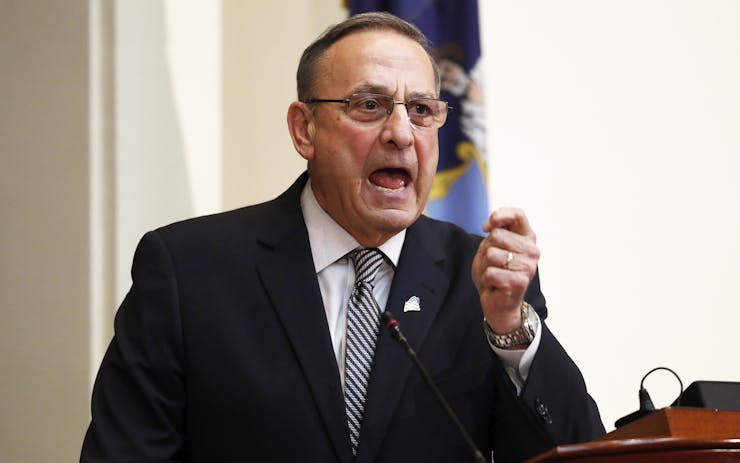Maine Gov. Paul LePage is running out of options to block state voters’ and lawmakers’ attempts to allow a regulated cannabis market in the state. On Wednesday, the Maine Legislature voted to overridde the governor’s veto of a bill to finally allow commercial cannabis sales as demanded by voters in 2016. The Senate voted 28-6 and the House voted 109-39 to override LePage’s veto.
The governor argues he can’t violate federal law and that adults will flock to Maine’s medical marijuana program. Possession of up to 2.5 ounces (71 grams) of marijuana already is legal in the state. The bill eliminates marijuana social clubs, reduces the number of plants that people can have and prohibits sale near schools. Under the bill, Maine could allow retail cannabis sales to adults as early as next year.
“After a long and unnecessary delay, the decision by Maine voters to regulate marijuana for adults will finally be respected,” Matthew Schweich, executive director of the Marijuana Policy Project and campaign director for the 2016 Maine legalization ballot initiative campaign, said in a statement on Wednesday. “While this bill is imperfect, its overall effect is implementation of the legalization policy that Maine voters approved at the ballot box a year and a half ago.”
In the wake of state lawmakers overturning the veto, legalization opponents are pledging to take their fight to the local level. Cities and other local jurisdictions are permitted to ban parts of the newly legal industry.
SAM Maine will now take the fight to towns and localities of our state, where two-thirds voted against legalization and most of them will continue to be opposed.https://t.co/HRT6MpmoJB
— SAM (@learnaboutsam) May 2, 2018
The voter-approved law created a 10% sales tax on retail marijuana. The bill would require growing facilities to pay an excise tax of $335 per pound of mature marijuana plants and other fees.
The Associated Press contributed to this report.





